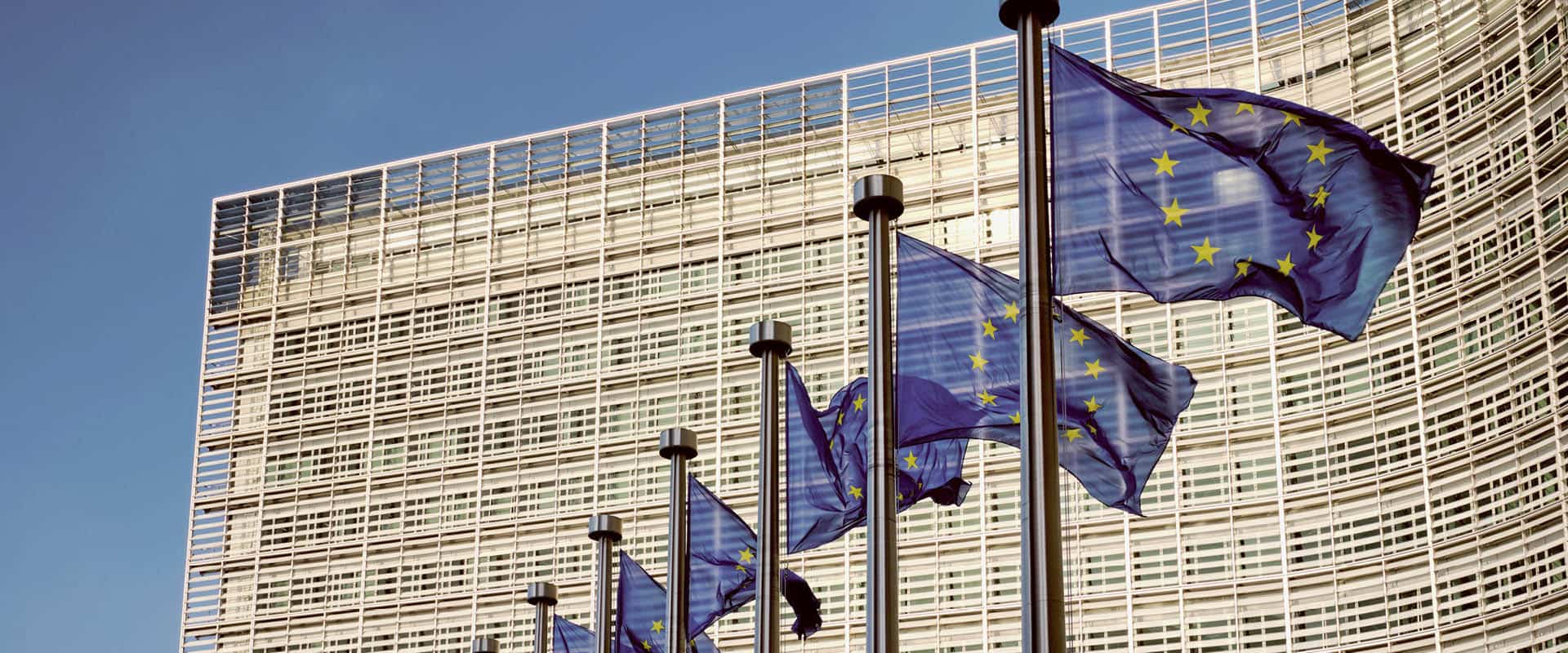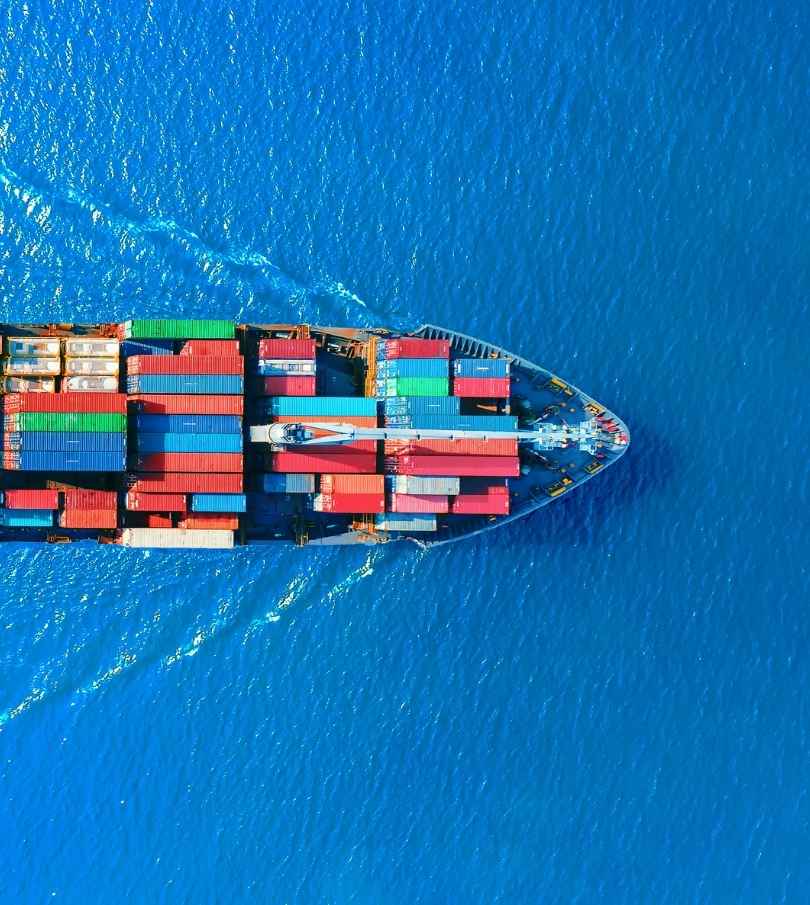Our VAT training sessions are tailored to fit your business activities, giving you insights and knowledge. Tailoring the training allows us to address the specific VAT challenges you face, making the learning experience more practical and relevant.

Increase your understanding of VAT regulations for your business
Background
Major changes in the EU VAT were proposed at the end of 2022, for more information see our article “The European Commission proposes ambitious VAT reforms”. On 8 May 2024, the EU Council revealed a revised draft which was a compromise among various stakeholders who had provided their input. This article gives an overview of the proposed changes.
No agreement yet, what next?
The latest proposal was voted on by the EU governments (ECOFIN) on 14 May 2024, however, NOT approved. One Member State (MS) did not support the deemed supplier rules proposed for platforms. An agreement will be reattempted at the next ECOFIN meeting of 21 June 2024.
What’s new in the compromise?
All three pillars of the proposal have been postponed to allow governments and taxpayers more time to prepare:
- DRR based on e-invoicing– delayed to 1 July 2030
- Extension of the OSS – delayed to 1 July 2027 (to 2026 for electricity, gas and heat)
- Extended VAT obligations for platform economy – delayed to 1 July 2027
The following sections give an overview of the last version of the changes in each area above.
DRR based on e-Invoicing
From 2024/2025 no derogation required for domestic e-Invoicing requirements
EU Member States (MSs) have an option to introduce mandatory e-invoicing for domestic B2B and B2C transactions (for established businesses) without the need for a derogation from the European Commission. This could leave businesses with minimal time to prepare.
Furthermore, MSs are allowed to keep existing or introduce new domestic reporting systems (e.g., SAF-T) or (real-time) transaction control systems.
From 1 July 2030 common DRR/e-invoicing for intra-EU transactions
The proposed e-invoicing and real-time reporting of invoices would cover:
- Intra-Community business-to-business (B2B) supplies of goods and “general” services;
- Supplies of goods and services subject to the mandatory domestic reverse charge.
Effective from 1 July 2030, there will be an obligation to
- issue structured e-invoices including all required data in standard format within 10 days from a chargeable event; and
- transmit data from these invoices to the relevant national VAT authority’s electronic portal in real time.
In addition to issuers of e-invoices, purchasers also need to report the above transactions. However, MSs may opt out in certain conditions.
For purchasers and in case of self-billing, the deadline for digital reporting of invoices is extended by 5 days.
Additional data elements should be included on e-invoices, such as mandatory payment details. Summary invoices will be subject to certain conditions.
The issuance of e-invoices may be subject to validation by the tax authorities.
The EC sales list and Intrastat will be replaced with digital transaction-based reporting. The central VAT information exchange system will store and cross check data received on cross-border operations and compares the data from the intra-EU transaction reports with other data sources.
Harmonization of domestic e-invoicing/DRR
MSs introducing new e-invoicing/DRR must ensure compliance with the EU rules by 2030. Existing e-invoicing/DRR must be harmonized with the EU rules by 2035.
Harmonization of DRR of MSs not achieved as initially proposed
Amended proposal allows certain validation requirements, termed ‘accreditation schemes’ (initially was not included). Furthermore, compared to the original proposal, MSs have more flexibility over the DRR format.
Impacts for business
Proposed changes mean that not only will sellers be obliged to issue e-invoices, but buyers should be able to receive e-invoices meeting at least EN-standard. Sellers and buyers also should be able to issue and/or receive invoices meeting various existing or new domestic e-invoicing/DRR or other transaction control systems of MSs.
Because the amended proposal includes less harmonized rules for e-invoicing/DRR, businesses operating cross-border in the EU will still face differing requirements in MSs for domestic and intra-EU transactions and need to have various software solutions to be compliant when operating across the EU.
Extension of OSS and other measures to reduce compliance costs for business
These measures generally apply from 1 July 2027 and aim at decreasing the need for multiple VAT registrations by expanding the OSS and domestic reverse charge.
From 1 January 2026, OSS will be extended to cross-border supplies of natural gas, electricity, heating and cooling.
From 1 July 2027, OSS will be extended to
- all B2C supplies of goods and services, including domestic supplies of goods, and certain B2B transactions; and
- intra-EU stock transfers.
No input VAT deduction will be possible in the OSS VAT return.
Extension of OSS to all types of B2C supplies
The proposed rules will extend the scope of the OSS to cover all B2C services which are provided in the MSs where businesses are not established.
The scope of the OSS will be expanded to cover domestic B2C supplies of goods by businesses that are not registered for VAT in the MS of consumption.
New special scheme for transfers of own goods
From 1 July 2027, stock transfers could be reported in a Union OSS return. Call-off stocks arrangements should also be reported through the OSS return.
The EU call-off stock simplification will cease to apply since the simplification will no longer be required because those movements of goods can be reported via the OSS.
Mandatory domestic reverse charge (MDRC)
From 1 July 2027, the domestic reverse charge will apply for all B2B supplies of goods and services made by non-established and non-VAT-registered businesses if the customer is registered for VAT in the MS where the VAT is due. MSs may opt for applying the MDRC to all supplies by non-established businesses.
Updated VAT Rules for Platform Economy and E-Commerce
The proposed rules enhance the role of online marketplaces in collection of VAT when they facilitate a supply of passenger transport or short-term accommodation.
Providing services of rental and passenger transport via platforms
From 1 July 2027, a deemed supplier rule will be introduced for platforms operating in passenger transport and short-term accommodation sectors. The platforms will be responsible for collecting and remitting VAT when their underlying suppliers will not charge VAT because they are, for example, individuals acting in their private capacity (non-entrepreneurs for VAT purposes) or exempted small businesses, for example, operating under the VAT registration threshold. The platforms will be responsible for collecting and remitting VAT when their underlying suppliers (a) will not provide their VAT numbers and (b) have not declared that they will charge any VAT due on that supply. MSs are allowed to exempt supplies by SMEs falling under the EU special scheme for SMEs.
Concluding Remarks
The European Council, made up of the representatives of the MSs, must approve the proposed amendments before they become effective. An agreement will be reattempted at the next ECOFIN meeting of 21 June 2024. Businesses should prepare for major VAT changes after the adoption of the ViDA proposal.
Please contact us if you have any questions or you need more information about the changes ahead.











